The 2025 DBIR Is Clear: Small Defense Contractors Are the New Primary Target
Verizon 2025 DBIR and what it means for Small Defense Contractors
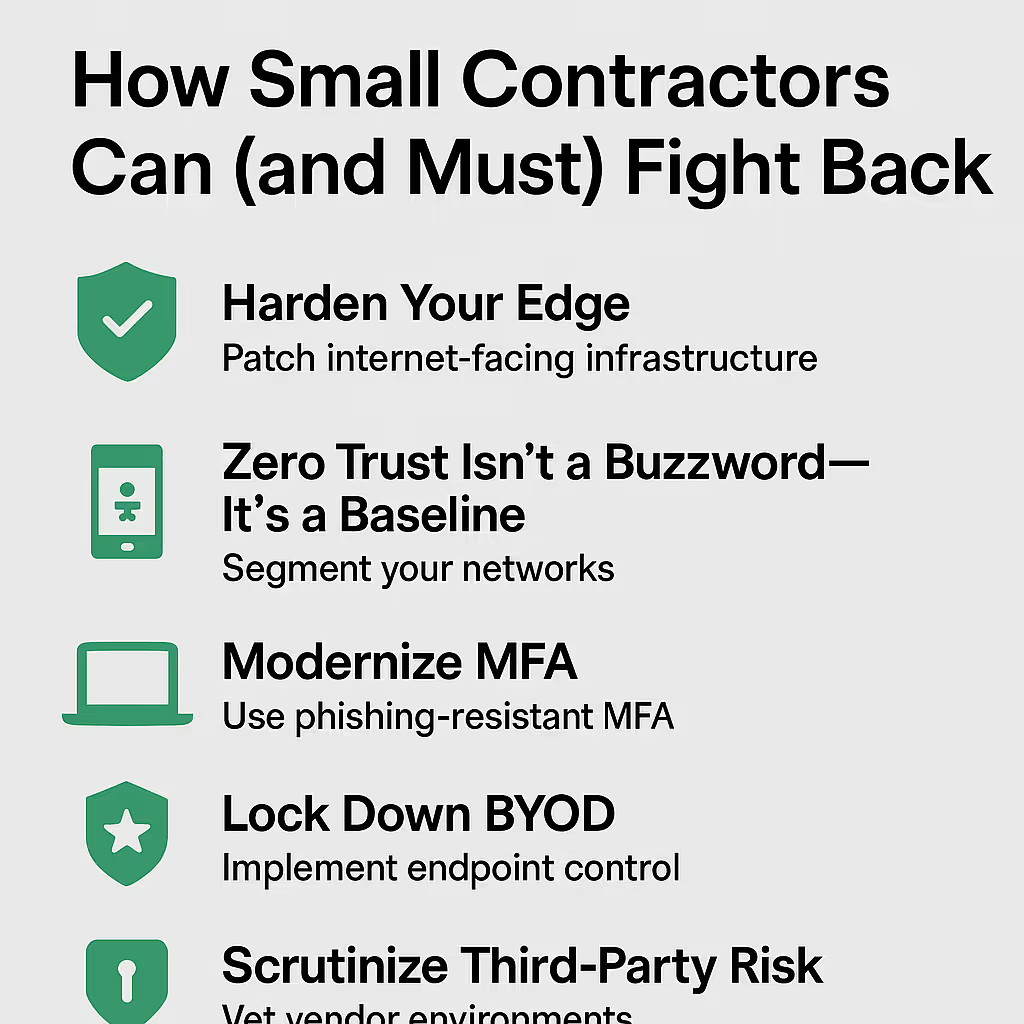
.avif)
In the world of cybersecurity, perception lags behind reality. Many small and mid-sized defense contractors still believe they fly under the radar. The 2025 Verizon Data Breach Investigations Report (DBIR) puts that myth to rest.
Small businesses are now ground zero in the modern threat landscape. According to this year’s DBIR, a staggering 88% of ransomware-related breaches in small and mid-sized organizations occurred in firms just like ours, agile, specialized, and critical to the national security supply chain. The threat environment has evolved. So must our posture.
The Emerging Threat Reality for GovCon SMBs
Attackers have shifted tactics. They're not just chasing large budgets anymore, they're exploiting what they see as weak links in the DoD's digital armor. The report outlines three urgent findings for small defense contractors:
- Ransomware is relentless. It was present in 44% of all breaches last year. The average ransom paid may be down, but that’s no comfort when operational downtime or exfiltrated CUI is at stake.
- Edge devices are the new frontline. Exploited vulnerabilities jumped 34% year-over-year, with VPNs and internet-exposed infrastructure accounting for 22% of initial access vectors. Zero-day exploits aren't theoretical, they're tactical.
- Credential misuse remains the #1 attack vector, and BYOD policies are fueling it. Infostealer malware found that 46% of corporate credentials were compromised on non-managed personal devices.
What This Means for the Defense Industrial Base
The data is telling us something loud and clear: You’re not too small to matter. You’re just small enough to be vulnerable. In the eyes of a nation-state adversary or a ransomware syndicate, a 100-person defense firm supporting a critical cyber mission is not a soft target, it’s a strategic one.
How Small Contractors Can (and Must) Fight Back
At Adapt Forward, we’ve distilled this year’s DBIR findings into five actionable imperatives:
- Harden your edge. Patch internet-facing infrastructure with urgency. Assume anything exposed is already being scanned for known exploits.
- ZeroTrust isn’t a buzzword, it’s a baseline. Segment your networks, reduce lateral movement, and enforce role-based access controls.
- Modernize MFA. SMS is obsolete. Use phishing-resistant MFA across all privileged access points, especially in hybrid environments.
- Lock down BYOD. Endpoint control is non-negotiable. If you can’t manage the device, it shouldn’t touch your data.
- Scrutinize third-party risk. 30% of breaches stemmed from vendor environments. If your supplier doesn’t enforce MFA, their compromise could become your headline.
A Final Word
The 2025 DBIR is more than a report card, it’s a wake-upcall. Small defense contractors are now high-value targets in an increasingly automated and AI-assisted threat landscape. The adversaries are agile. Their tactics are evolving. And so must we.
We at Adapt Forward believe cybersecurity is not just compliance, it’s combat readiness. Let’s treat it that way.
.avif)
.avif)
RELATED POSTS

Moltbook The First Social Media Platform for AI Agents
What happens when AI agents interact without humans in the loop? Moltbook offers an early signal of what that could mean for trust, security, and autonomy as these systems scale.

Adapt Forward Selected for Missile Defense Agency’s SHIELD Contract to Support Nation’s Golden Dome Initiative
Adapt Forward, a veteran-owned cybersecurity firm supporting the Department of Defense (DOD) and other federal agencies, has been selected by the Missile Defense Agency (MDA) to compete for task orders under the Scalable Homeland Innovative Enterprise Layered Defense (SHIELD) contract.
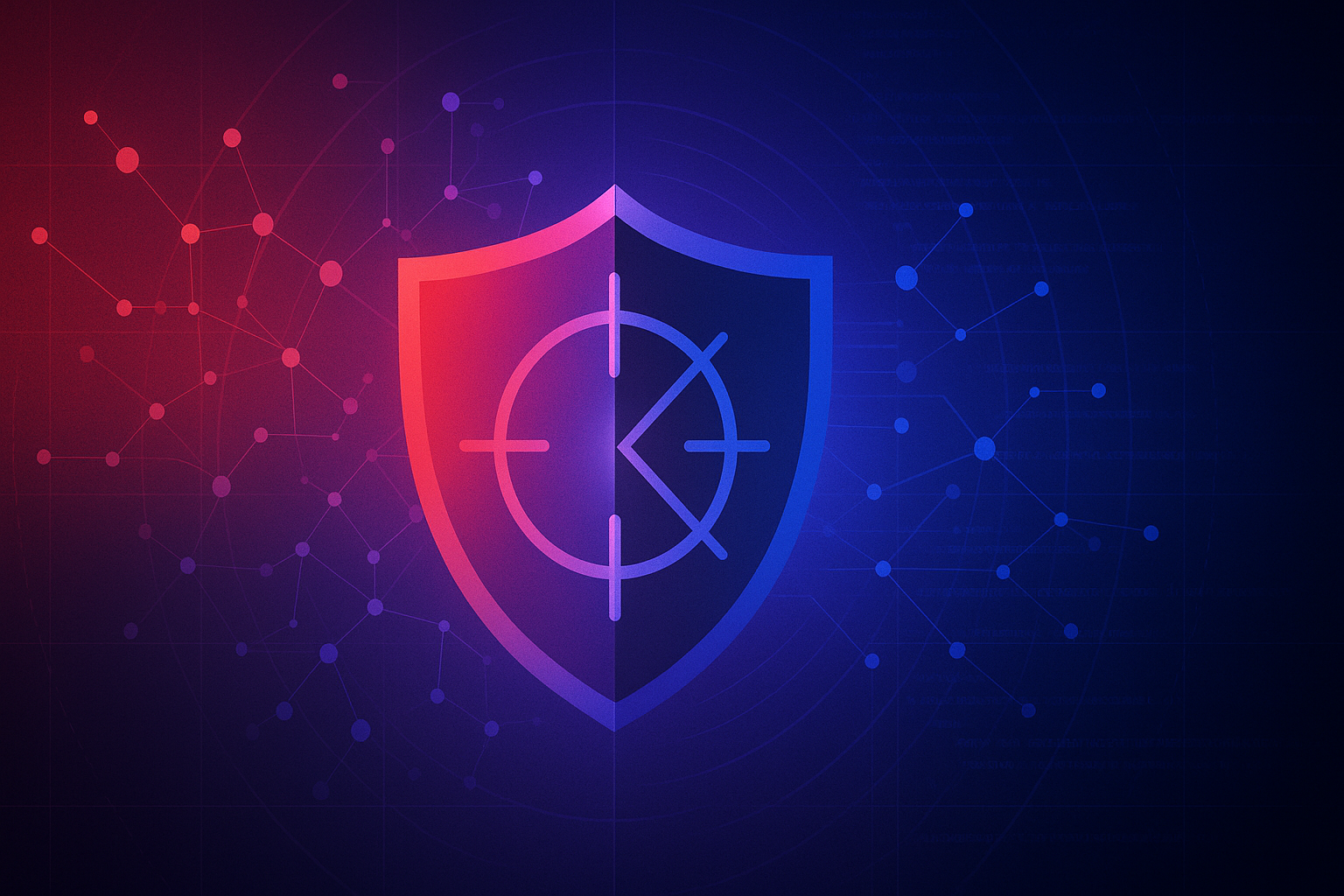
Mike Small Returns to Adapt Forward
Micheal Small as attack sensing and warning (AS&W) technical lead. A retired Army veteran and accomplished cyber professional, Small brings more than two decades of experience leading offensive and defensive operations across military, intelligence, and commercial cyber domains.

Moltbook The First Social Media Platform for AI Agents
What happens when AI agents interact without humans in the loop? Moltbook offers an early signal of what that could mean for trust, security, and autonomy as these systems scale.

Adapt Forward Selected for Missile Defense Agency’s SHIELD Contract to Support Nation’s Golden Dome Initiative
Adapt Forward, a veteran-owned cybersecurity firm supporting the Department of Defense (DOD) and other federal agencies, has been selected by the Missile Defense Agency (MDA) to compete for task orders under the Scalable Homeland Innovative Enterprise Layered Defense (SHIELD) contract.

Mike Small Returns to Adapt Forward
Micheal Small as attack sensing and warning (AS&W) technical lead. A retired Army veteran and accomplished cyber professional, Small brings more than two decades of experience leading offensive and defensive operations across military, intelligence, and commercial cyber domains.
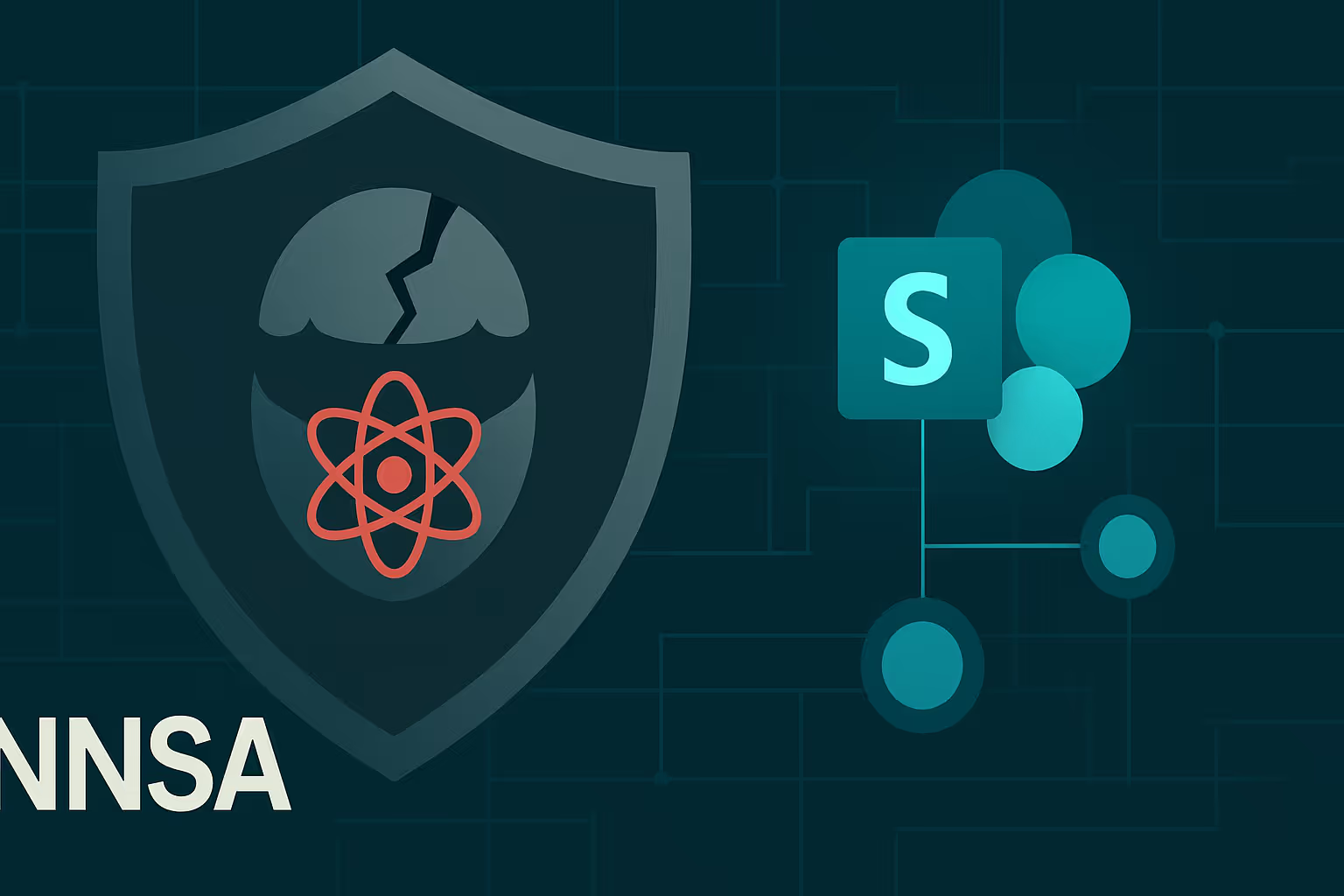
Lessons from the Nuclear Weapons Agency Breach
Lessons learned from the Toolshed Nuclear Weapons Agency Breach
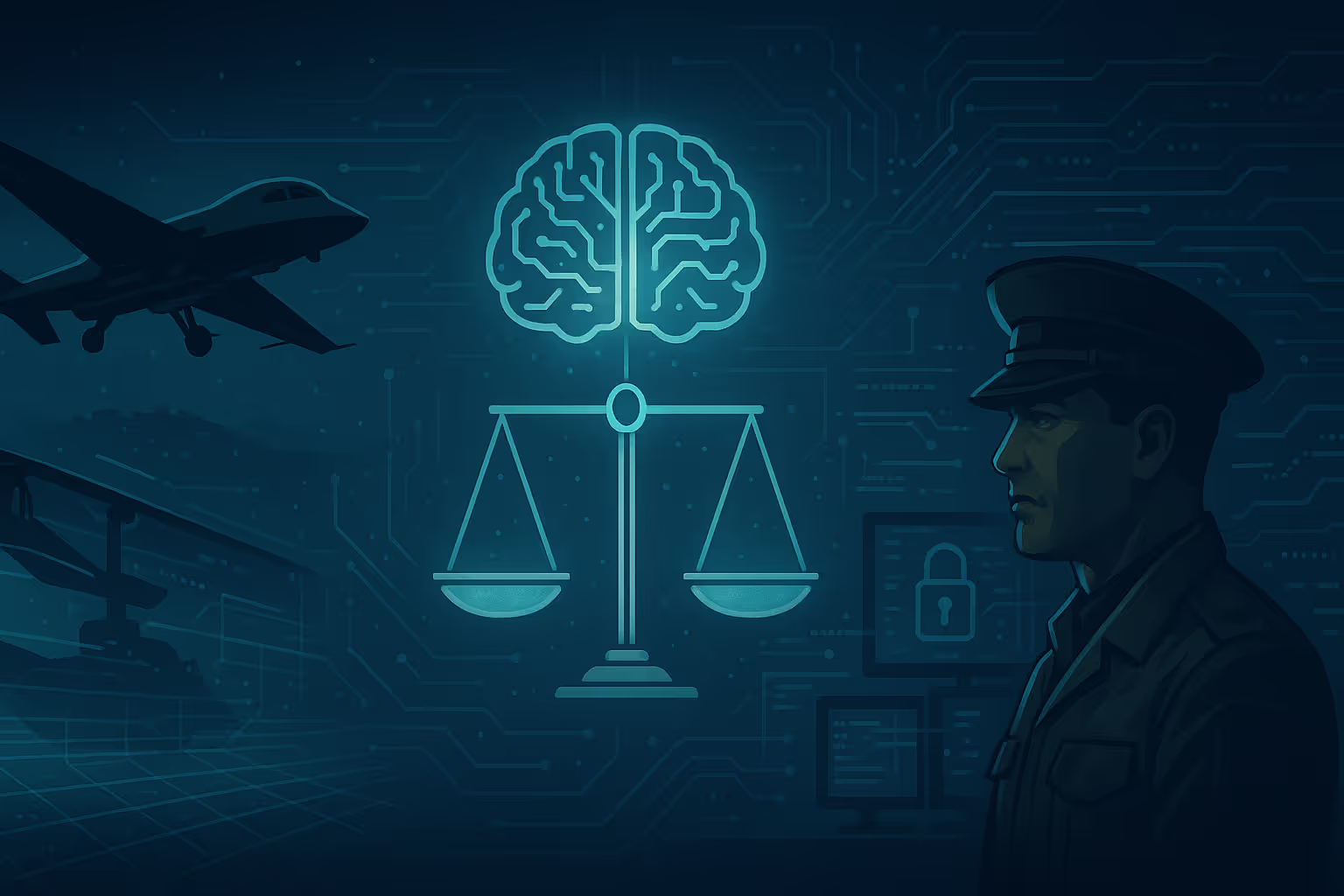
AI in the Defense Sector: Balancing Innovation with Operational Risk
A thought piece that discusses upcoming challenges of AI in the Defense Sector

Employee Spotlight: Joe Fulco Wins NCMS Society Award – Again!
Employee Spotlight: Joe Fulco has once again been honored with the prestigious NCMS Society Award, recognizing his outstanding contributions to the field of National Industrial Security.

What is Model Context Protocol?
What is Model Context Protocol? What are the Benefits? What are the Risks?
An educational piece that educates on Model Context Protocol and what it means for the DoD
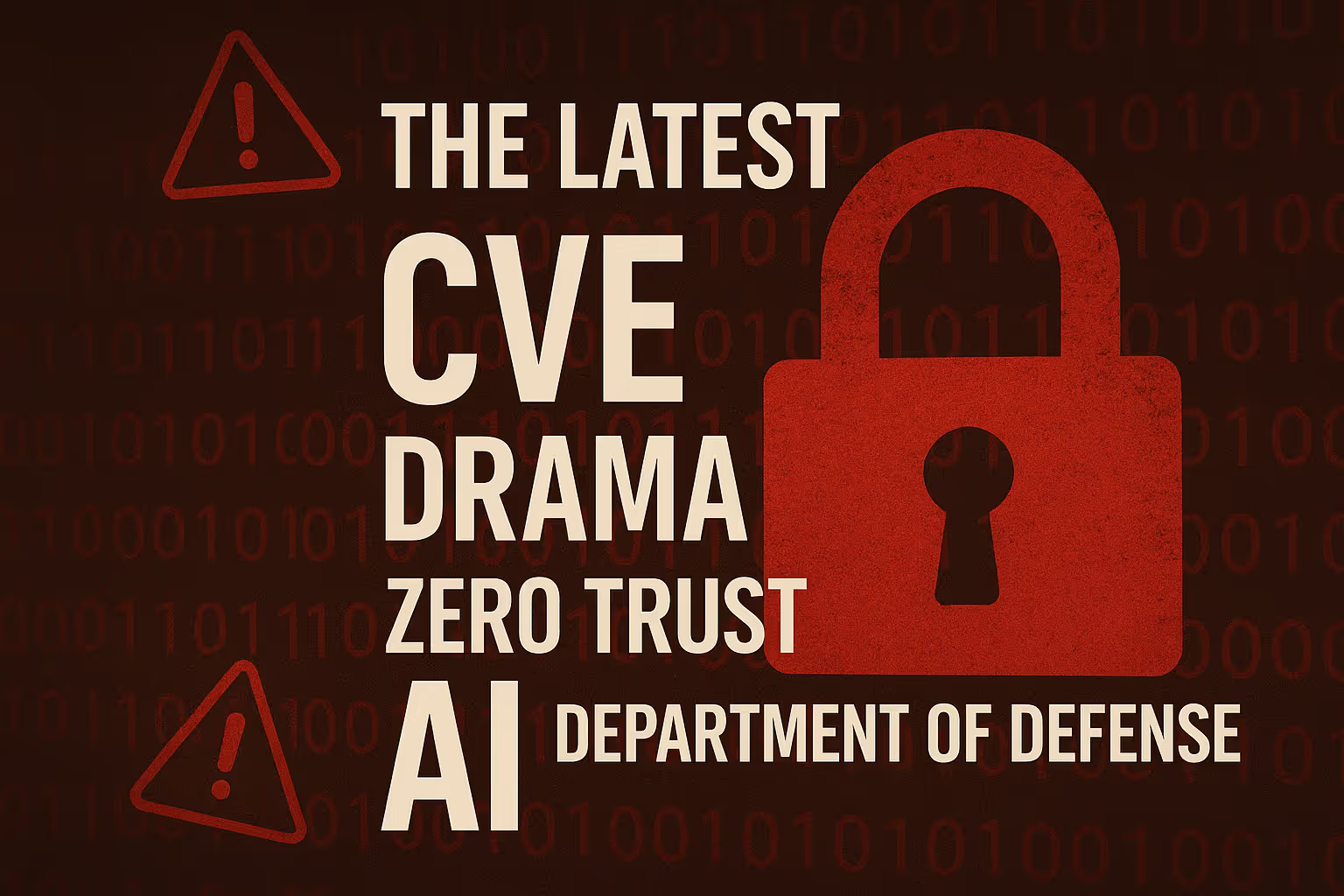
What Happens When CVE Goes Dark?
The Hidden Threat to DoD Cyber Strategy, Zero Trust, and AI Modernization
In this thought leadership piece, Adapt Forward addresses the urgent need to modernize our national vulnerability intelligence infrastructure. The near-shutdown of the CVE program exposed a systemic fragility in the foundation of Zero Trust, AI-driven defense platforms, and CTEM pipelines. While CVE has served as a critical baseline for decades, it’s no longer sufficient in a world where adversaries move at machine speed. This article breaks down why CVE can’t be sunset overnight—but must evolve into a risk-aware, threat-informed, AI-compatible system. We outline the future: predictive scoring, contextual enrichment, and mission-driven collaboration across public and private sectors.

Hire Vets Gold Award
Adapt Forward Earns 2024 HIRE Vets Gold Medallion Award – For the Second Year in a Row
We are proud to announce that Adapt Forward has once again been awarded the HIRE Vets Gold Medallion by the U.S. Department of Labor—marking our second consecutive year receiving this prestigious national honor.

James Cogswell Award
Adapt Forward Receives 2024 James S.Cogswell Award for Outstanding Industrial Security Achievement
We’re proud to announce that Adapt Forward has been selected as a 2024 recipient of the James S. Cogswell Outstanding Industrial Security Achievement Award by the Defense Counter Intelligence and Security Agency (DCSA).

Inc 5000
Adapt Forward Named to the 2020 Inc. 5000 List of America’s Fastest-Growing Companies
We’re thrilled to announce that Adapt Forward has been ranked #542 on the 2020 Inc. 5000 list, the most prestigious ranking of the nation’s fastest-growing private companies!









.avif)